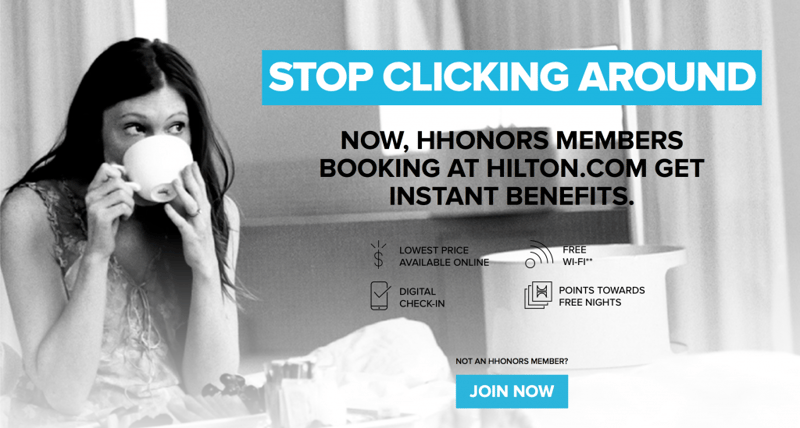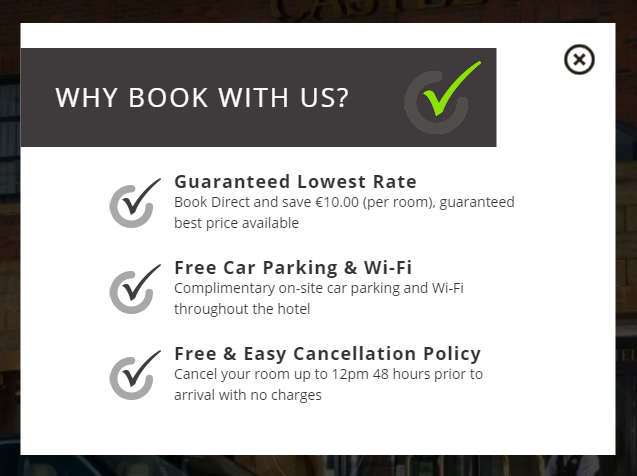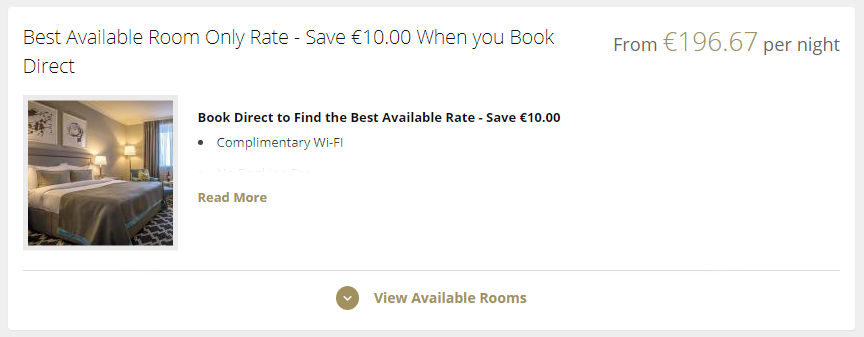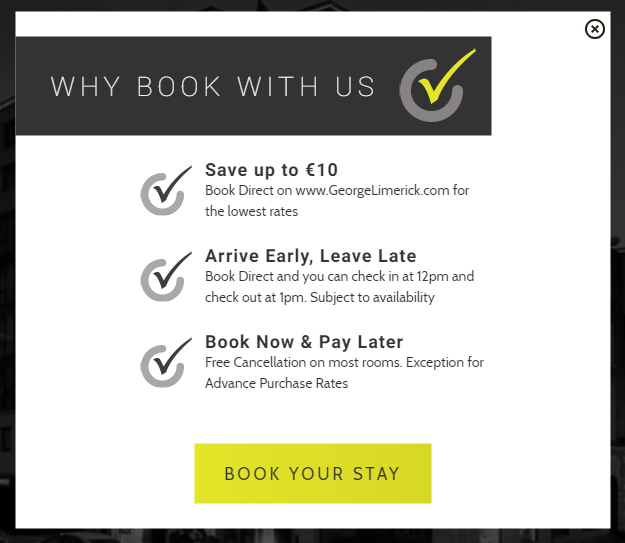Industry jargon gets between you and your guests. It can reduce the number of bookings you get, both on your own website and elsewhere.
For example, the phrase ‘book direct’, which is so widespread within the industry that it’s become the name of its own movement, is very unfamiliar to the average person looking to book a hotel.
However, direct bookings are some of the most profitable ones around for hotels. So how should you get your message across?
Why Does Saying Book Direct Matter?
The language your hotel uses when you talk to guests, online or off, should be focused on clarity and warmth. Guests need to know the benefits you’re offering them in the simplest terms possible, and you need to present yourself as focused on hospitality and the stay experience.
That’s a bit easier said than done, however. When you spend your days working on pricing strategies, marketing campaigns or hotel operations, you use a specialized set of terms that people outside the industry – even your guests – won’t connect with.
That’s true of every industry, and every customer-facing business must overcome this.
When it comes to driving direct bookings, it’s especially important, because OTA’s and other large third parties are experts at using clear language that guests connect with.
Just look at their clear and plain presentation of reasons to choose this hotel:
Source: Booking.com
Hotels must do the same, but ideally better if we want to persuade customers to book directly with us.
That doesn’t just mean avoiding obvious jargon like ‘DBB’ in place of ‘Dinner, Bed and Breakfast Package’ or ‘our F&B department’ instead of ‘our restaurant and bar’. It extends to the little phrases all of us are guilty of using occasionally – sometimes without even realizing it!
Think of the last good book direct hotel marketing campaign you saw. What kind of language did it use? I’m willing to bet it didn’t actually use the phrase ‘book direct.’ Or, if it did, it was only after a guest had actually reached their brand website, where context makes the phrase clearer.
For example, Hilton’s now-famous ‘Stop Clicking Around’ campaign says “HHonors Members booking at Hilton.com get instant benefits”. They don’t say “book direct for the best deal.”
After that, they give you specific points on what they mean by ‘instant benefits’, including the lowest price online, points, and more.
What Should I Say Instead?
You don’t have to reinvent the wheel – even a subtle shift in language will do the trick!
If you’re using the phrase “Book Direct for Best Rate” in your ads, try switching it to “Make Your Booking on Brand.Com for the Best Rate.” You can even simply say “Best Rates on Our Website.”
If you’re using a phrase like “Book Direct on Brand.Com“, it’s good that you’re contextualizing it – but consider replacing it with ‘Book Directly on Brand.com’ for even more clarity.
A small change like this will prevent users unfamiliar with the phrase ‘book direct’ and what it means from simply skimming and moving on.
Make Your Messages Match
Once you know the phrase and list of benefits you’ll use to tout your book direct campaign, use the same language on every platform.
You should have the same phrase and same perks on your ads, your website and your social channels.
Arklow Bay offer customers an extremely simple message:
They avoid the trap of saying “Book Direct” altogether, instead opting for the simpler message of “Always find the best rates on our own site.”
Here’s another example from Castletroy Park Hotel:
While they do say ‘booking direct’ in their action bar, the message is made clear by the context (e.g., being on the website, directly next to a ‘Book Now’ button). It’s also reinforced by their ‘Why Book With Us?’ panel. The €10 discount is also a clear, valuable incentive to offer, especially combined with a free cancellation policy.
Additionally, the benefits of booking direct are located right next to the booking button. Their placement positions them perfectly to make the difference between a bounce and a booking.
They echo this message as the guest selects their dates. Finally, they make the offer clear with a rate plan that specifically mentions the €10 savings they promise. This keeps guests from being confused, or going to other channels to compare prices and ensure they’re getting a discount.
Now that the guest is in the booking funnel, there’s no longer a risk of confusion from the phrase ‘book direct’. Guests are looking specifically for the €10 savings.
The George Hotel in Limerick offer a nice mix of incentives:
In their ‘Why Book With Us’ panel, they say to ‘book direct on www.GeorgeLimerick.com‘ for the lowest rate, then offer a rateplan saying ‘Website Exclusive: Book Direct Save 5%‘. By adding the context of ‘on brand.com’ and saying ‘website exclusive’, they’re not just using a confusing phrase – they are putting it into a message where it makes sense.
Hotels should also reinforce their message in their online campaigns, including remarketing campaigns to reach guests who have looked but not booked.
Conclusion
Keep your language simple, powerful and clear to reach guests. Stay away from convoluted phrasing or industry shorthand. To make sure you stick to this, ask someone unfamiliar with the industry to read through your marketing campaign messages. Do they understand? Did they get stuck on a phrase?
Strive to make your messages simple to persuade guests to book direct. Don’t just say ‘book direct’ – say something better.
Words by Tayor Smariga.











